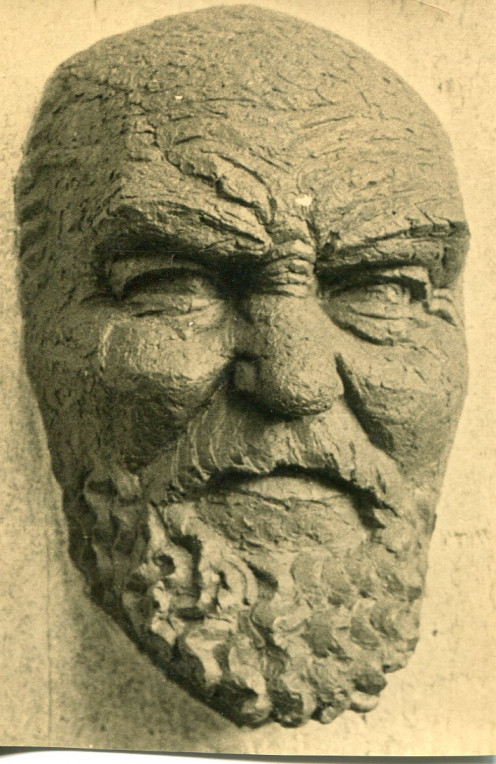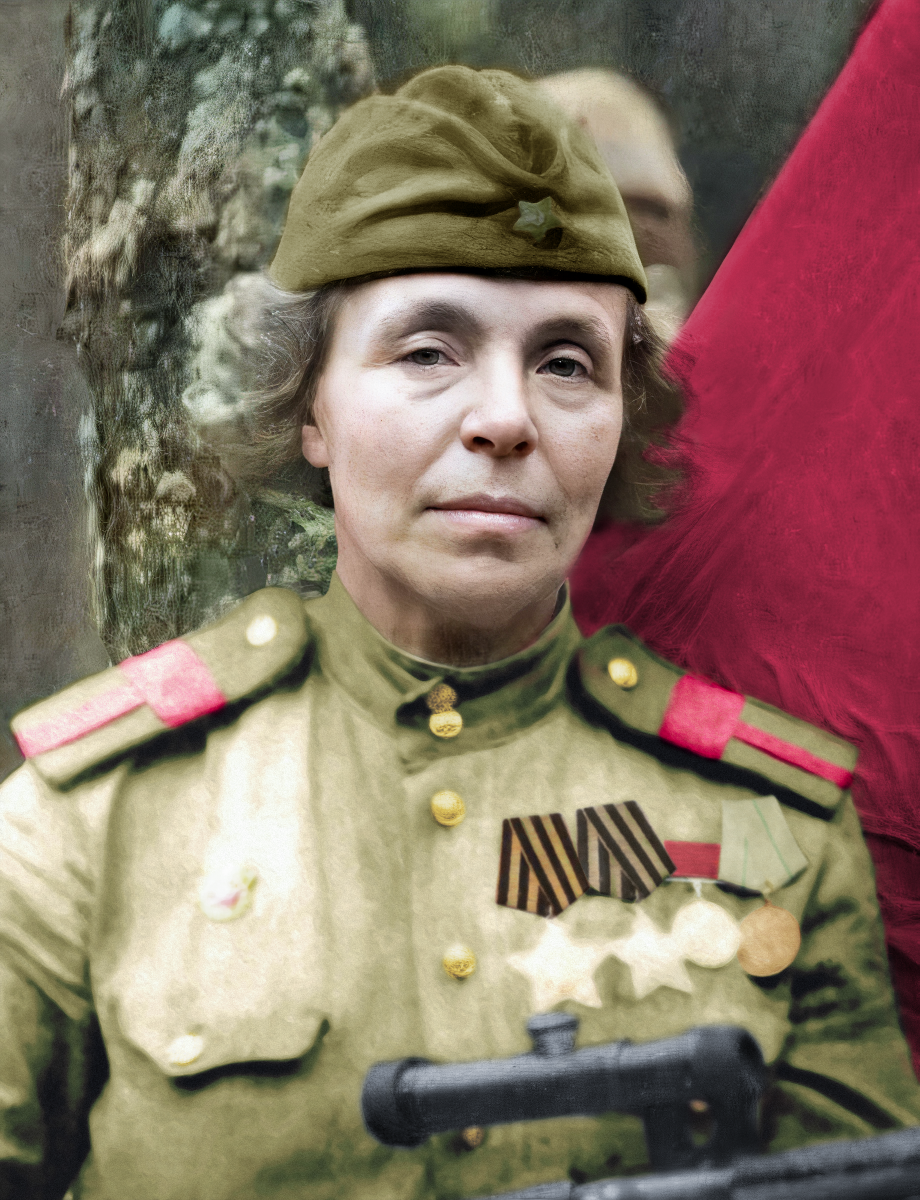- HubPages»
- Education and Science»
- History & Archaeology»
- History of the Modern Era»
- Twentieth Century History
Communist Czechoslovakia - Soviet Rule - Personal History

Teaching Western Civilization
In fourteen year of teaching Western Civilization I have found very few first year students who can comprehend how a communist political system could possibly be a defensible, much less a beneficial, choice for any nation, people, or individual. Discussions of the democratic underpinnings of socialist theory or of the positive intentions of the early socialists are seldom persuasive.
Well crafted lectures which explain the appeal of socialism by characterizing its emergence as a reaction to the deplorable conditions which developed during the Industrial Revolution and to the inequitable monetary benefits of capitalism do not convince. Students may listen politely, but it makes little concrete sense to many of them.
After all, they have grown up in the most successful capitalist nation in the world and have been inundated with catchy sound bites extolling the virtues of the free market system. Although, as many of us know too well, our first-year students often know remarkably little about political or economic systems and they seem blissfully unaware that a completely unfettered, unregulated free market nation does not exist. Few students understand the appeal of socialism or the institutionalization of communism.
Traditional textbooks often fail to do an adequate job of increasing student comprehension of the dynamic interplay of politics and economics in the twentieth century. It is for precisely these reasons that I find Heda Kovaly’s autobiography, Under a Cruel Star: A Life in Prague, effective at providing human faces for the participants - perpetrators, bystanders, and victims - of the cataclysmic changes which swept over mid-century Europe, and at elucidating some of the political complexities that often escape many of our freshmen.
Heda Kovaly makes a statement at the beginning of her autobiography that encapsulates these political developments. “Three forces carved the landscape of my life. Two of them crushed half the world…. The first force was Adolf Hitler; the second, Joseph Vissarionivich Stain. They made my life a microcosm in which the history of a small country in the heart of Europe was condensed.” (5) It is not only the history of Czechoslovakia, but the turbulent history of the European continent in the twentieth century, that students will better grasp, after reading and pondering Heda Kovaly’s autobiography.

Heda Margolius Kovaly - Under a Cruel Star
Under A Cruel Star is a core text of considerable significance, although it is seldom recognized as such, and is not widely used in college courses. Kovaly’s autobiography, in a particularly vivid and personal way, first introduces students to the National Socialist regime in its dying days, and then to the vicissitudes of life in a country in thrall to the Soviet Union. She begins with a description of the Litmannstadt ghetto, the Lodz concentration camp, and then in horrific detail the reader is introduced to the agony and suffering of thinly clad, malnourished, and sickly women forced to march toward Germany in the freezing winter of 1944-1945.
The instructor should have previously discussed the political spectrum, left/center/right, the characteristics of fascism, the development of National Socialism, and Hitler’s ascension to power. Students need to be able to clearly situate fascism and Nazism on the far right and understand that the Nazis came to power in collaboration with strong conservative elements of the German body politic on the right. They must also understand the geographic dimensions of Europe’s liberation in 1944 and 1945.
The Soviet army drove the German Wehrmacht back toward Germany, opened the extermination camps in Poland, and liberated Eastern Europe. The women who suffered and died on the Death Marches did so because the Nazis were fleeing from the Soviet army. Ideologically communism was situated on the left end of the political spectrum; it was intended to be inclusive, democratic and supportive of the common worker. Many people in Eastern Europe were casting about for an alternative to the conservative capitalist governments which had utterly failed them.
As Kovaly writes, many Czech citizens had high hopes for their future under communist rule. Socialist principles sounded quite good in the abstract, and after all, a conservatively inclined democratic government in Czechoslovakia had permitted the growth of fascist parties.(55, 57) Her husband, Rudolph, spoke passionately about the scientific and rational basis of communism, and the disciplined, mutually supportive ethos and behavior of the post-war communists was impressive.(58-59)
Czech communists were indoctrinated, taught to question themselves, to identify the flaws and failures of their comrades, but never to doubt the validity and worth of the communist system; after all, it was the antithesis of fascism and capitalism, with their great extremes in status, wealth, and power.(63, 65)
Confronting the Holocaust

The Czechoslovakian Communist Party
The communist party insisted that Rudolph accept a position in the Ministry of Foreign Trade and as a party official’s wife, Heda, became the object of envy, suspicion, hate, even deference.(77-82) The utopian classless society quickly developed, promoted, and protected a particular class; the new bourgeoisie, all members of the communist party beaucracy possessed status and material benefits far beyond the reach of the majority of the Czech people.(83-85)
As Czechoslovakia moved through the Cold War years, the communist party became increasingly heavy handed and began to look for scapegoats for the government’s failures. Radio and newspapers were tightly controlled; very little information from the west passed through the Iron Curtain. Party dogma maintained that WW III was imminent and a bleak and threatening future required ever greater communist party vigilance and served as justification for increasingly controlling and punitive actions against the populace.(90-96)
Just as she persuasively explained the appeal of socialism for Eastern Europe, Kovaly convincingly describes the growing oppression of the communist regime. Her writing is direct, engaging and students easily grasp the consequences of political choices and systems, as they see them played out in her family’s life.
By 1951 a great fear and a great silence had descended upon party members in Czechoslovakia and the lower ranks of the party began to be purged. Heda and Rudolph are deeply distressed as they hear news that colleagues, even friends, have fallen out of favor with the party; she focuses on her work and on raising their son and Rudolph focuses on being a dedicated public servant in the midst of the growing terror that surrounded them.(98-103)
Rudolph was arrested with no warning and Heda’s home ransacked by the secret police; they confiscated her money, personal papers, camera, keys, diaries and letters; no explanation was given for their actions or Rudolph’s arrest. Her friends were watched, her phone calls to the Ministry of Justice refused, she lost her job, she and her young son were expelled from their apartment.(110-119)

Kovaly Speaks "Truth" to Corrupt Government OfficialsWorking with College Students
Homeless and destitute she was forced to rely on the mercy and generosity of friends who put themselves in danger by assisting her. Kovaly writes, “The people most astute and dependable in a crisis were those of simple ideology: love of life…[and although people have an] instinctive ability to protect themselves, they were often willing to help others without ulterior motives or any heroic posturing.”(131)
While Heda struggles to find work and take care of her son, her husband and 13 other party officials, also falsely accused, were put on trial for Anti-State Conspiracy; they were tortured, their families threatened, and they confessed to crimes they did not commit. After Rudolph is executed, Heda embarked on a years – long struggle against the communist bureaucracy to obtain a death certificate and the return of her possessions, and to hear them admit the truth, that Rudolph was innocent.(140-153)
Kovaly has much to say about speaking the truth to government and demanding the truth from government; she believes that in words, in language there is much power and that eventually, eventually, truth will prevail.
Providing students with a set of questions to guide their reading and their essays is necessary to insure that they understand the political and economic framework upon which the personal details of her life story are hung.
In their essays, I ask students to evaluate her autobiography and consider why socialism was appealing, how governments control their populations, the nature and uses of effective propaganda, why oppressive regimes find it necessary to closely control and limit information, to describe the ways in which the weak can oppose the strong, and to consider the role and importance of language for those engaged in resisting a government.
We spend a great deal of time talking about the importance of language and how it is used, both by individuals and by governments. Students are engaged to a degree seldom achieved when utilizing a traditional textbook. I remain convinced that grappling with Ms. Kovaly’s often harrowing autobiography makes some of the most pivotal events in European history real for students in a way that even the best textbook or classroom lecture cannot.
Kovaly, Heda Margolius. Under A Cruel Star: A Life in Prague.

World War II and Eastern Europe
- Twentieth Century Atrocities and Genocides
Few well-trained historians or scholars will address questions which attempt to determine who suffered more, who lost the most, or whose government was the most oppressive? Generally, we do not find those questions terribly useful or significant. We - Civilians Murdered During the Holocaust - Europe Dur...
We are all familiar with the number Six Million, representing the best estimate of the number of Jews murdered by the Nazis during the Holocaust. We are less familiar, some of us unaware of the total number of people exterminated by the Nazis, 22,000 - World War II -- Oppression, the Holocaust, the Natu...
Pondering what the German people knew at the time about the Nazi goals and activities can lead to a number of questions which are relevant for us today. - Holocaust Denial: An Important Conversation about W...
Academic historians and the general reading public have been quite surprised to see a resurgence of Neo-Nazi groups, Hitler sympathizers, and Holocaust Deniers in the West in the past twenty years. There are at least two types of Holocaust Deniers, a - Liberating Concentration Camps - American GIs in Wo...
American GIs discovered many concentration camps as they defeated the German army in World War II. U.S. soldiers were en route to military targets and were unprepared to address the human misery they found in the camps; most stayed for a few hours an

Soviet Union

Poland under Soviet Domination












